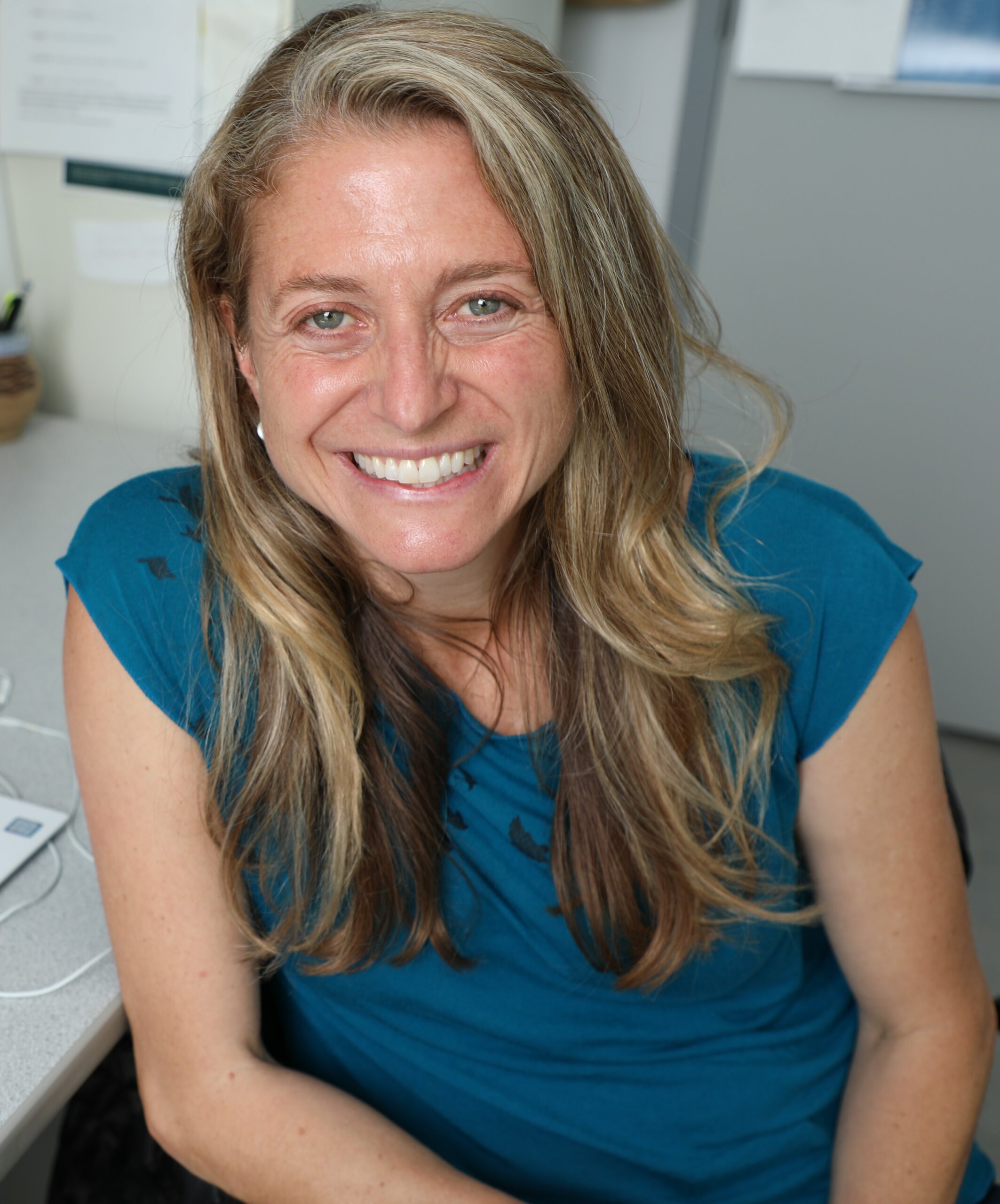
Abstract:
With the climate, biodiversity, and inequity crises squarely upon us, never has there been a more pressing time to rethink how we conceptualize, understand, and manage our relationship with nature. This is acutely true among the world’s coastal oceans where marine ecosystems provide the nutrition, livelihood, climate regulation, and well-being for over 3 billion people globally. While it is conventionally assumed that the alteration of marine ecosystems by people is a recent phenomenon and inherently destructive, human societies have been intentionally shaping, enhancing, and sustaining biodiversity across the planet’s coastal oceans for millennia. In fact, for thousands of years people have been developing innovative practices to maintain resilient relationships within coastal ecosystems amid predator disturbance and extreme climatic events. By weaving ecological, archaeological, and Indigenous knowledge, I will share recent discoveries from Canada’s west coast kelp forests and ancient clam gardens revealed only by considering people as fundamental components of nature, looking back through time, and democratizing ocean science itself. Expanding our models of nature and modes of science will help disrupt scientific paradigms, illuminate novel interactions, and guide us towards more ecologically sustainable and socially just ocean policies.
Bio:
Anne Salomon is a Professor of Applied Marine Ecology and Social-Ecological System Science at Simon Fraser University working at the nexus of applied ecology, sustainability science, and marine policy. She seeks to discover what makes the relationships between people and other components of nature resilient to disturbance to inform ecologically sustainable and socially just conservation policies. She is deeply committed to working across disciplines and sectors to catalyze transdisciplinary research that addresses environmental challenges of concern to global society. She links science to policy by co-designing and co-delivering research with Indigenous knowledge holders, resource users, and government agencies, with knowledge mobilization as a fundamental goal of her research program. Her ecological research incorporates archaeological and Indigenous knowledge to provide greater time-depth to her analyses of coastal system dynamics and to democratize ocean science and governance. Anne was elected to the Royal Society of Canada College in 2019, named a Pew Fellow in marine conservation in 2013, and awarded the International Prize in of Professional Excellence in Ecology in 2013.

